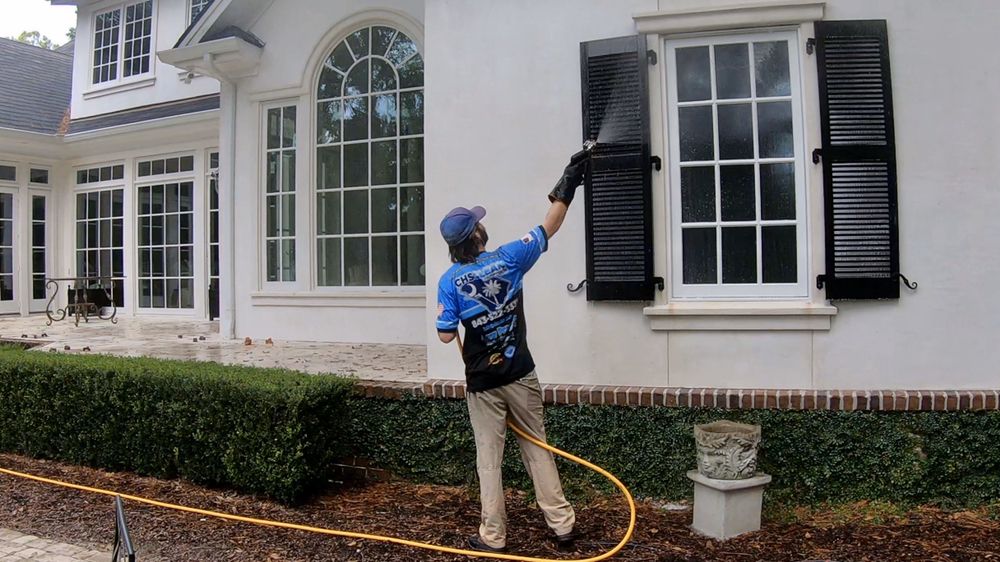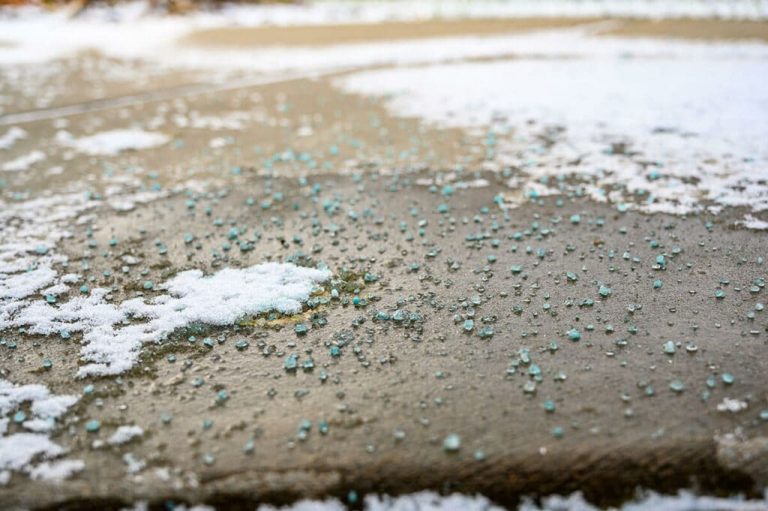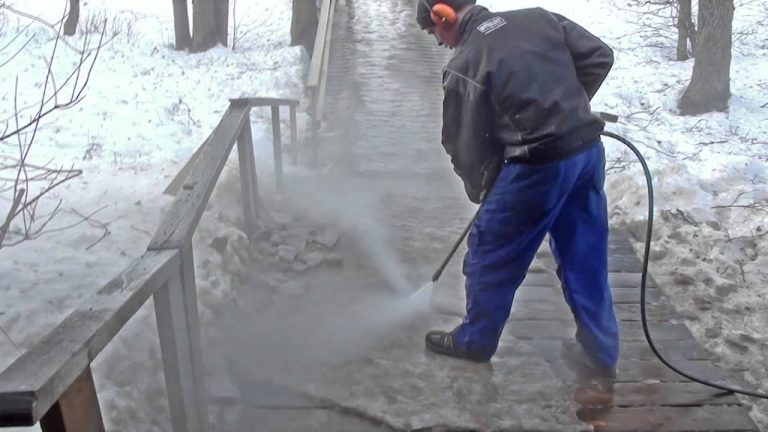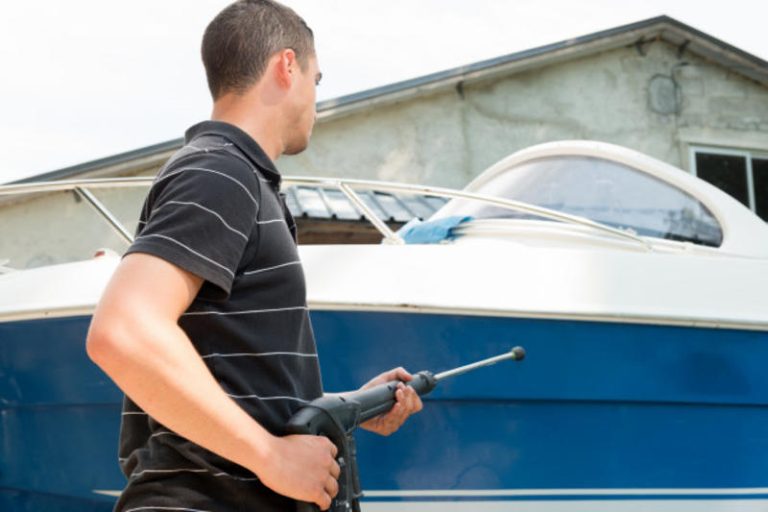
If you’ve done any research on exterior cleaning, you’ve probably come across the term “soft washing.” At first, it might sound like a weaker version of pressure washing, but in reality, it’s an entirely different technique—with different tools, methods, and use cases.
So what exactly is soft washing? And when should you use it instead of standard power or pressure washing?
Let’s clear it up so you can choose the right method for your next cleaning project. ✅💧
🧼 What Is Soft Washing?
Soft washing is a cleaning method that uses low-pressure water (under 500 PSI) combined with specially formulated cleaning solutions to remove dirt, algae, mold, mildew, and other contaminants.
Instead of relying on brute force like pressure washing, soft washing lets the cleaning chemicals do the heavy lifting. It’s like the difference between scrubbing with steel wool vs. soaking in a cleaning solution.
🧪 The typical soft wash system includes:
- A low-pressure pump or nozzle
- A tank with cleaning solution (usually a mix of water, bleach, and surfactant)
- A rinse system using water to gently wash away the residue
🔧 How It Differs from Pressure Washing
| Feature | Pressure Washing | Soft Washing |
|---|---|---|
| PSI | 1,500–4,000+ | Under 500 |
| Cleaning Method | Force-based (high pressure) | Chemical-based (low pressure) |
| Best For | Concrete, brick, pavers | Roofs, siding, wood, stucco |
| Equipment | Pressure washer | Soft wash pump & tank |
| Damage Risk | Higher | Lower |
🌿 When to Use Soft Washing Instead
Some materials and surfaces just aren’t built for high pressure. That’s when soft washing is the safer and more effective option.
Use soft washing for:
- Asphalt shingles (high pressure can strip protective granules)
- Wood siding or fences
- Stucco, EIFS, and delicate plaster
- Vinyl siding
- Outdoor furniture or screens
- Solar panels and skylights
- Painted surfaces or decorative trim
💡 Soft washing is also ideal for mold and algae removal, since the cleaning agents actually kill the organisms at their root—not just rinse them away.
Browse Amazon Here For Soft Washing Equipment And Accessories
🧴 What’s in Soft Washing Solutions?
Most soft wash formulas include:
- Sodium hypochlorite (bleach) – Kills mold, algae, bacteria
- Surfactant – Helps the solution cling to vertical surfaces and break down grime
- Water – Used for dilution and rinsing
While bleach may sound harsh, the solutions are diluted and applied carefully, then rinsed off after dwell time. Many are biodegradable and safe for plants when used correctly.
🌼 Be sure to water nearby plants before and after soft washing to protect roots from chemical exposure.
💡 Signs You Should Choose Soft Washing
- You have black streaks on your roof
- Your siding has green mildew or algae
- The surface is older or showing signs of wear
- You want to clean without damaging paint or protective finishes
⚠️ When Not to Use Soft Washing
Soft washing isn’t ideal for:
- Heavy oil stains on driveways
- Caked-on mud or thick moss on stone
- Rust stains
- Grease buildup in commercial areas
These require higher pressure or specialized equipment.
🛠️ DIY Soft Washing: Can You Do It?
Some pressure washers include a soap or detergent setting that mimics soft washing. However, true soft washing systems use:
- Lower PSI pumps
- Larger orifice nozzles
- External tanks with custom mix formulas
If you don’t have the equipment, you can try a garden sprayer with diluted cleaner, followed by a gentle hose rinse—but DIY results may vary, especially on large areas.
For roofs, hiring a professional is the safest and most effective route. 🚫 Climbing ladders with chemicals and hoses is a recipe for disaster if you’re not trained.
🧼 Final Thoughts
Soft washing is the gentler, smarter choice for delicate surfaces, mold removal, and longer-lasting results. If pressure washing is like scrubbing with a wire brush, soft washing is like letting the solution soak and do the work for you.
Use soft washing where needed—and your home will stay clean without the risk of damage. 🧴💦🏡
Browse Amazon Here For Soft Washing Equipment And Accessories






